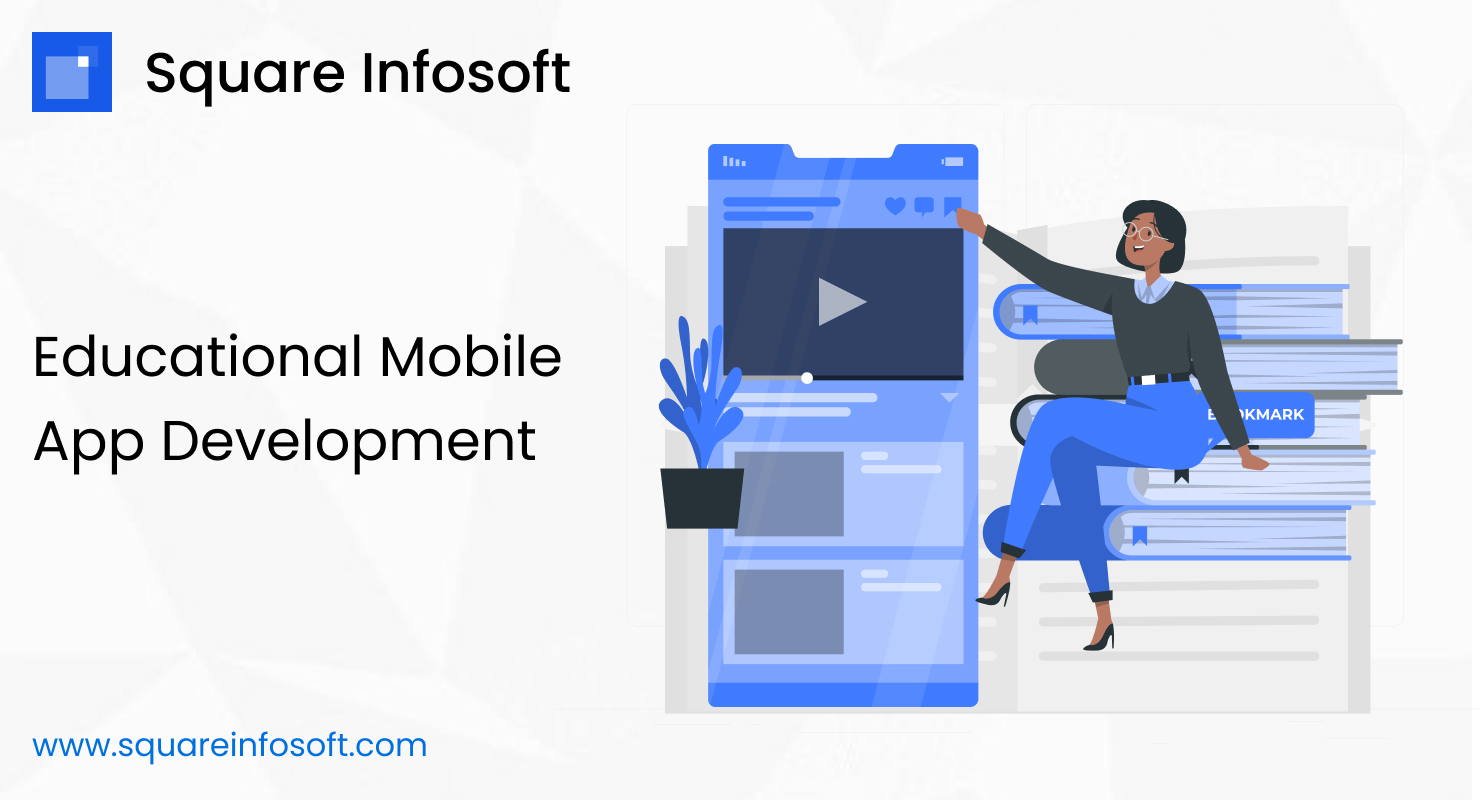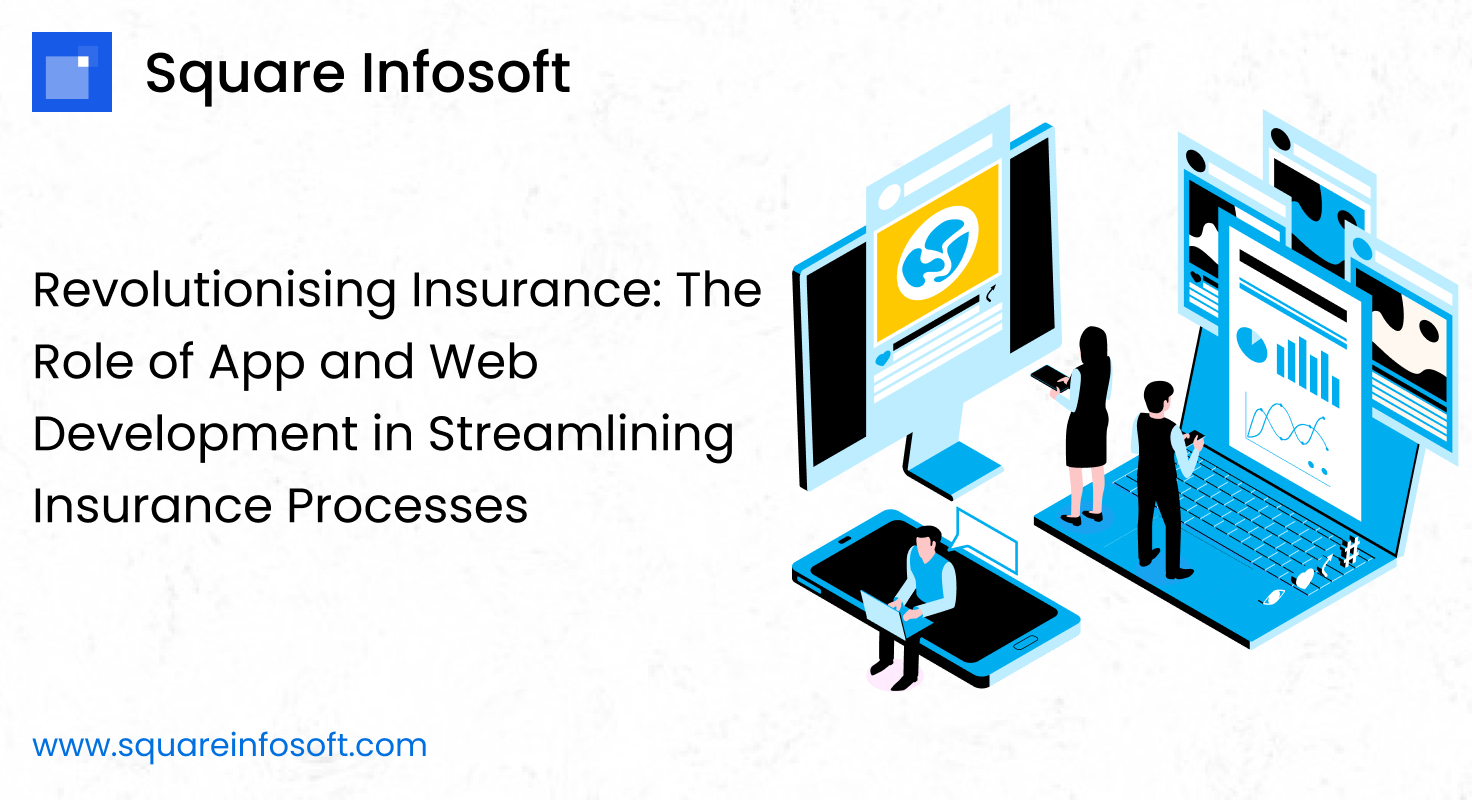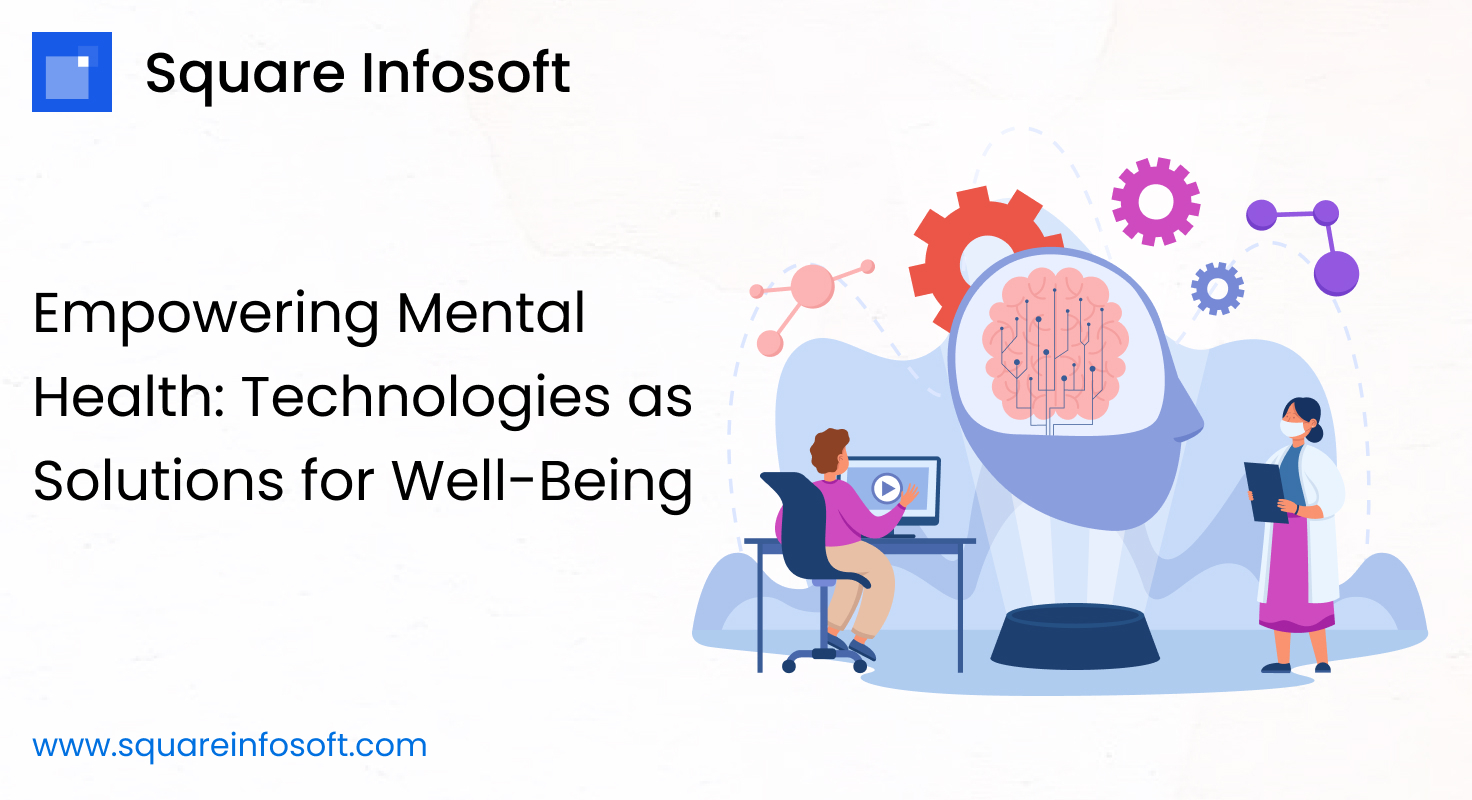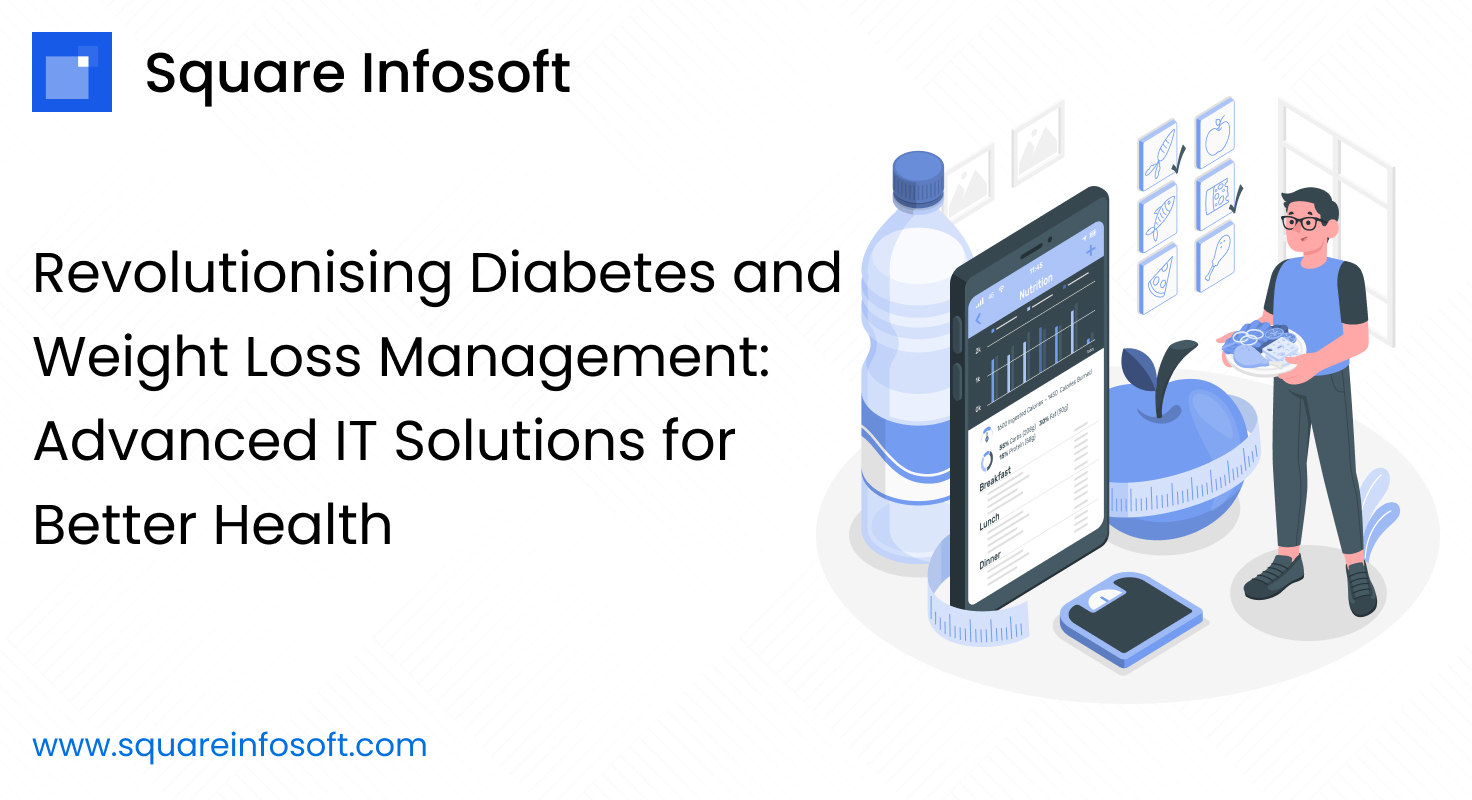Developing an educational mobile app can be a rewarding project, as it can help users learn and acquire new skills on-the-go. Here’s a general outline to guide you through the process of developing an educational app:
1. Idea and Conceptualization:
- Identify the target audience and their learning needs.
- Define the core purpose and goals of your app (e.g., language learning, math skills, coding, etc.).
- Research existing educational apps to understand the market and identify unique features.
2. Market Research:
- Study your competitors’ apps to identify gaps and opportunities.
- Analyze user reviews and feedback to understand what users like/dislike about existing apps.
- Determine the monetization strategy (e.g., free with in-app purchases, subscription-based, one-time purchase).
3. Design and User Experience (UX):
- Create a user-friendly and intuitive interface that’s visually appealing.
- Design wireframes and mockups to outline the app’s layout and flow.
- Focus on responsive design to ensure a seamless experience across different devices.
4. Development:
- Choose the appropriate platform(s) for your app (iOS, Android, or both).
- Select the programming languages and tools you’ll use (e.g., Swift for iOS, Kotlin/Java for Android).
- Develop the front-end and back-end of the app, including user authentication, data storage, and interactive features.
5. Content Creation:
- Develop high-quality educational content, such as lessons, quizzes, videos, or interactive exercises.
- Ensure the content aligns with your app’s learning objectives and engages users effectively.
6. Testing and Quality Assurance:
- Conduct thorough testing to identify and fix bugs, glitches, and usability issues.
- Test the app on various devices and screen sizes to ensure compatibility.
- Gather user feedback through beta testing and make necessary improvements.
7. Deployment:
- Publish your app on app stores (Google Play Store, Apple App Store) after meeting their respective guidelines.
- Create engaging app descriptions, screenshots, and promotional materials to attract users.
8. Maintenance and Updates:
- Continuously monitor user feedback and app performance.
- Regularly update the app to add new features, improve user experience, and fix bugs.
9. Marketing and User Acquisition:
- Develop a marketing strategy to promote your app (social media, content marketing, influencer partnerships, etc.).
- Consider offering a limited-time free trial or special promotions to attract initial users.
10. Monetization:
- Implement your chosen monetization strategy (in-app purchases, subscription, ads, etc.).
- Offer value to users through premium features or content while keeping the free version useful.
Remember, successful educational app development requires a strong focus on user engagement, quality content, and continuous improvement based on user feedback. As technology and user preferences evolve, stay adaptable and open to making necessary changes to your app to keep it relevant and valuable to your audience.




